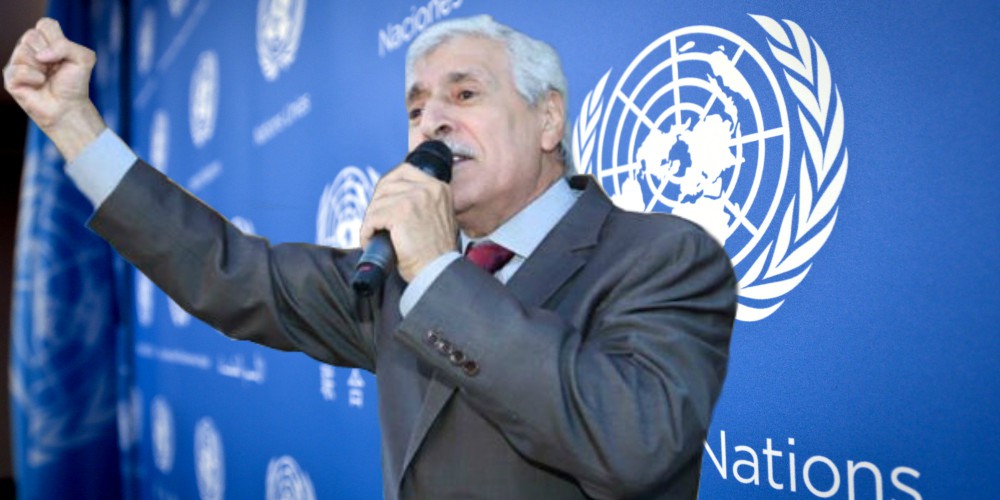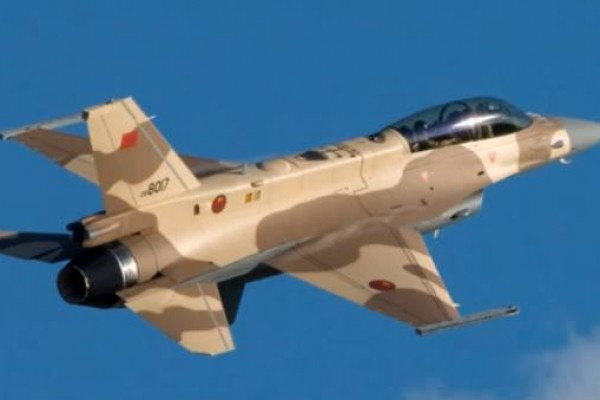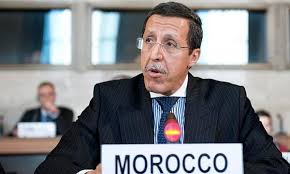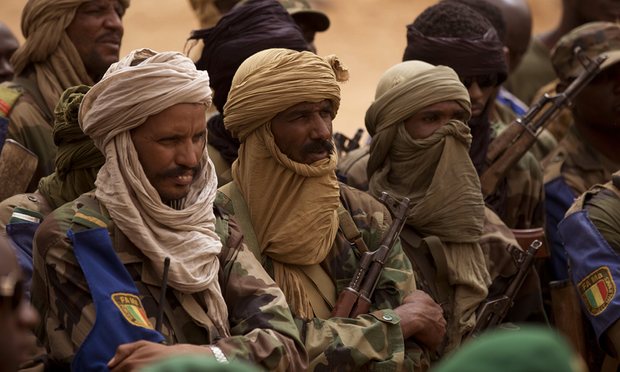Head of Kabylia’s independence movement MAK, Ferhat Mhenni, urged the UN to help the Kabylie people gain its right to self-determination to free itself from the yoke of Algerian occupation.
Speaking to participants to the 23rd session of the UN Permanent Forum on Indigenous Issues, Mhenni urged the inclusion of Kabylia into the UN decolonization process, while announcing that the mountainous Amazigh speaking region will declare its independence on April 20.
He voiced hope that the UN’s fourth committee on decolonization will receive a Kabylia delegation to look into how to support their peaceful independence struggle.
Ferhat Mhenni deplored that over 500 peaceful pro-independence Kabylian activists are in jail on bogus charges.
“Algeria criminalizes the right of Kabylia to self-determination, while it promotes by terrorist means the same right,” he said.
Kabyle population have long been repressed and stigmatized by the military regime in Algiers. While the Kabylians were at the forefront of the struggle against French colonialism, Kabyle leaders were assassinated by a military junta that took power in the wake of independence, installing a single party regime.
During Bouteflika’s rule, the regime killed 126 Kabyle protesters in the incidents of the Black Spring, when thousands took to the streets to demand recognition of their linguistics and cultural specificities and better economic development. The protests were sparked by the killing of high school student Massinisa Guermah by the Algerian gendarmerie.
Under the Chengriha-Tebboune duo, the military regime took intimidation to a terrorizing level. Kabyle activists have accused Algiers of deliberately setting fire to their region as Algerian authorities sent scores of Kabyle independence activists to jail on bogus charges including terrorism.https://eva.istjm.edu.ec/
During the 2019 presidential elections and the ensuing constitutional referendum, turnout in the restive Kabyle region was near zero, indicating a strong rejection of the local population of Algerian rule.



